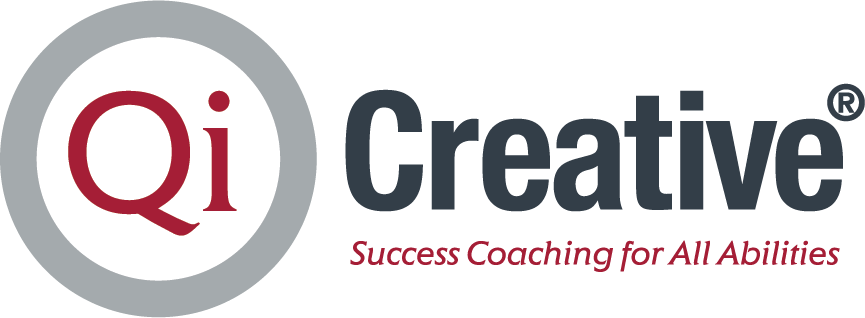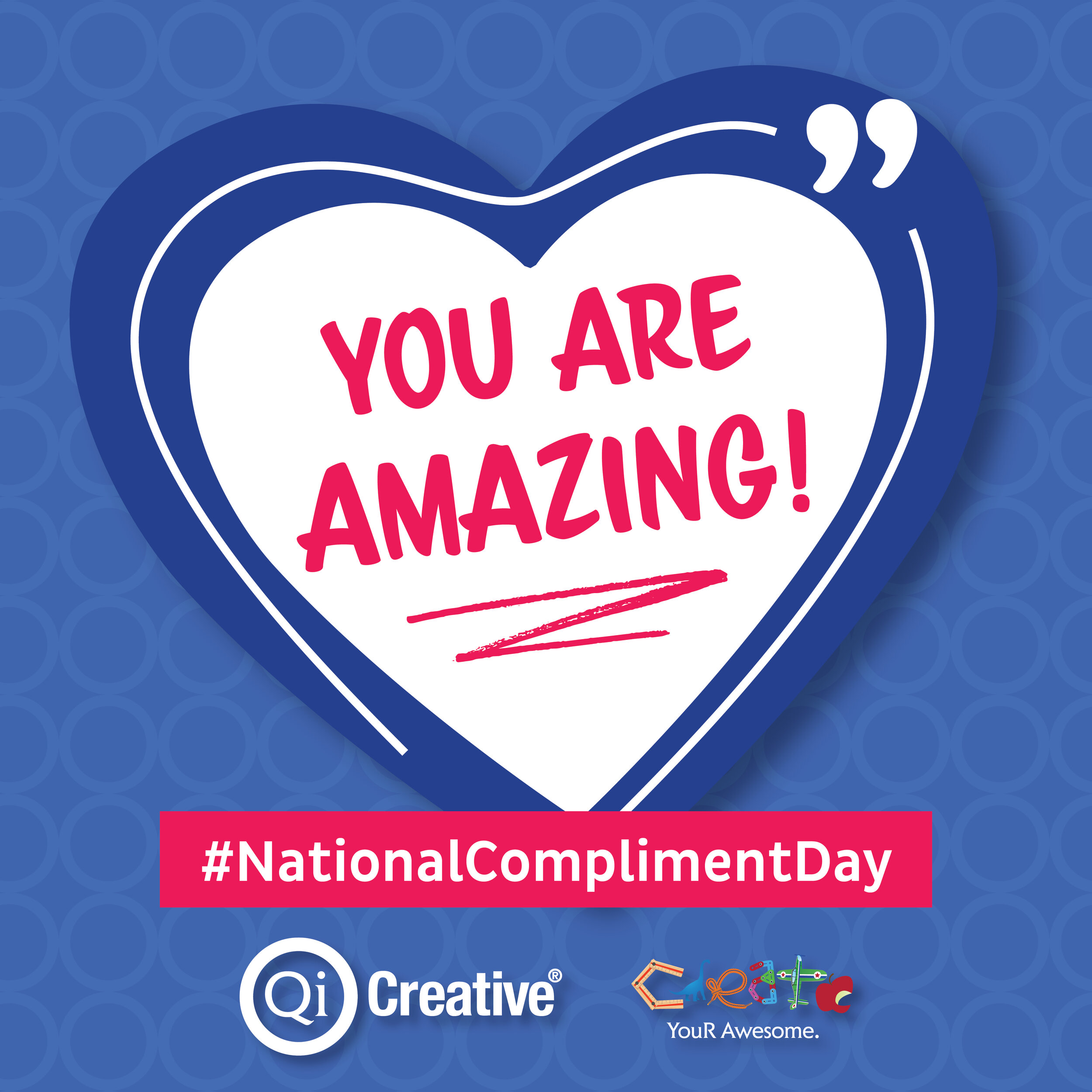National Compliment Day: Benefits and Tips to Compliment Well
Spread the Positivity and Reap the Benefits
Yes, that’s right! Friday the 24th of January 2020 is National Compliment Day, so get busy spreading the positive praise, make somebody’s day, and bask in that feel-good factor.
Two women, Debby Hoffman and Kathy Chamberlin, set up this fun National Holiday way back in 1998 and National Compliment Day still serves an important purpose today. Many of us think our co-workers, friends, partners or kids are amazing for the special things they do and the unique qualities they have, but how often do we tell them this?
National Compliment Day is a reminder to voice your admiration to others by sharing a sincere compliment. This can make them feel good and also you!
So, let’s take a look at some of the very real benefits of both giving and receiving a compliment and how best to do it.
Compliments REALLY do make you Feel Good
Receiving a genuine compliment from a superior, or person you value, can have a similar effect on the brain to receiving money or attention from a loved one, according to Bhanji and Delgado (2014).
Compliments activate certain reward centers in the brain and a feel-good neurotransmitter, dopamine, is released. Dopamine is a chemical that is central to the reward cycle and plays an important role in alertness, focus, motivation and happiness.
In other words, when somebody gives us genuine praise, our brain gets a little burst of feel-good chemicals. This, in turn, is interpreted as a good experience and the person will want to repeat the positive behavior. Thus, motivation, positivity, and focus are all increased in response to compliments.
However, when a person receives critical feedback there is quite the opposite effect. The brain has a negative reaction and the anxiety and danger response is activated releasing chemicals like cortisol (stress hormone). In response to this, the brain shuts out whatever is causing the stress and the feedback is more likely to be ignored.
Sincerity is Key
Most of us have felt the wonderful glow when somebody recognizes a strength, attribute or achievement and gives us a sincere compliment. Indeed, a heartfelt compliment can not only make our day, it can also stay with us for many years to come.
Did you know that actually giving a compliment has many benefits too? Indeed, by spreading positivity you are creating a ‘good’ energy loop, like positive feedback! So, you give a sincere compliment, the person feels valued and recognized and smiles broadly at you. You smile back and there it is – the positive energy loop!
Compliments and positive praise can help build and strengthen relationships. However, insincere compliments can come across as empty flattery and devalue any following genuine compliments. Always focus on genuine qualities and achievements.
Complimenting somebody’s clothes or hairstyle is fine every now and then, it tells them you noticed and can add a much-needed ego boost to their day. However, complimenting somebody’s positive personality traits, achievements or efforts shows them that you value and appreciate their very being.
When was the last time you complimented somebody on their kindness or special sense of humor?
Compliments Improve both Performance and Learning
Sugawara et al (2012) explored the value of compliments, inferring that positive praise enhances both the learning and performance of new skills. In this study, 48 adult volunteers had to learn a specific pattern on a typewriter keyboard and type it as quickly as possible over 30 seconds. The volunteers were split into three groups. The first group had a supervisor who complimented the participants on their individual performance during training. The second group watched other volunteers receive compliments and the third group received no praise at all.The next day, the group who had received praise, ‘showed a significantly higher rate of improvement relative to other participants’ when faced with a surprise memory test of the previous days training.This is interesting because learning a motor skill continues even after the practice has ended. This process is known as skill consolidation and the study suggests that positive praise has a direct effect on skill consolidation and not just by improving motivation to do the task, as previously assumed.This makes giving a compliment a very important tool in all sorts of situations but especially in the areas of education, rehabilitation and therapy.
So, How to Start.
Positive praise is a fantastic learning tool for children and adolescents too. Children, obviously, respond really well to compliments, but some techniques work better than others.
Let’s take a look at a few general pointers:-
Try and compliment effort rather than ability: According to Xing, Gao and Liu (2018) children who are praised for ability do not cope as well with future failure as those that are praised for effort. So, try ‘Wow! You worked really hard on your math homework, well done!’ rather than ‘Wow! You are SO clever’.
Always give more praise than criticism: Try and reward positive behavior and ignore more unwanted behaviors.
Give encouragement often: Do not wait for a child to finish a large project to give praise or compliment them. Give positive praise every step of the way to reinforce good feelings and improve motivation.
Praise a child’s unique interests, strengths and skills: This improves self-esteem and pride.
Be specific: A young person will learn from more detailed praise; exactly what was appreciated and valued from their efforts. For example, swap, ‘Good job!’ for ‘You’ve done a great job cleaning your room. You have cleaned under the bed and changed the bedding. Well done!’
Ready for National Compliment Day
If you’ve made it this far, by now you should have the tools to begin flexing your compliment muscles.
Let this day serve as a reminder of the power of a compliment; spread positivity today and throughout the year. Now, go spread the feel-good vibe!
Woosh!
References
Bhanji, J. P., & Delgado, M. R. (2014). The social brain and reward: Social information processing in the human striatum. Wiley interdisciplinary reviews. Cognitive science, 5 (1), 61–73. doi:10.1002/wcs.1266
Sugawara, S. K., Tanaka, S., Okazaki, S., Watanabe, K., & Sadato, N. (2012). Social rewards enhance offline improvements in motor skill. PloS one, 7(11), e48174. doi:10.1371/journal.pone.0048174
Xing, S., Gao, X., Jiang, Y., Archer, M., & Liu, X. (2018). Effects of Ability and Effort Praise on Children’s Failure Attribution, Self-Handicapping, and Performance. Frontiers in psychology, 9, 1883. doi:10.3389/fpsyg.2018.01883




